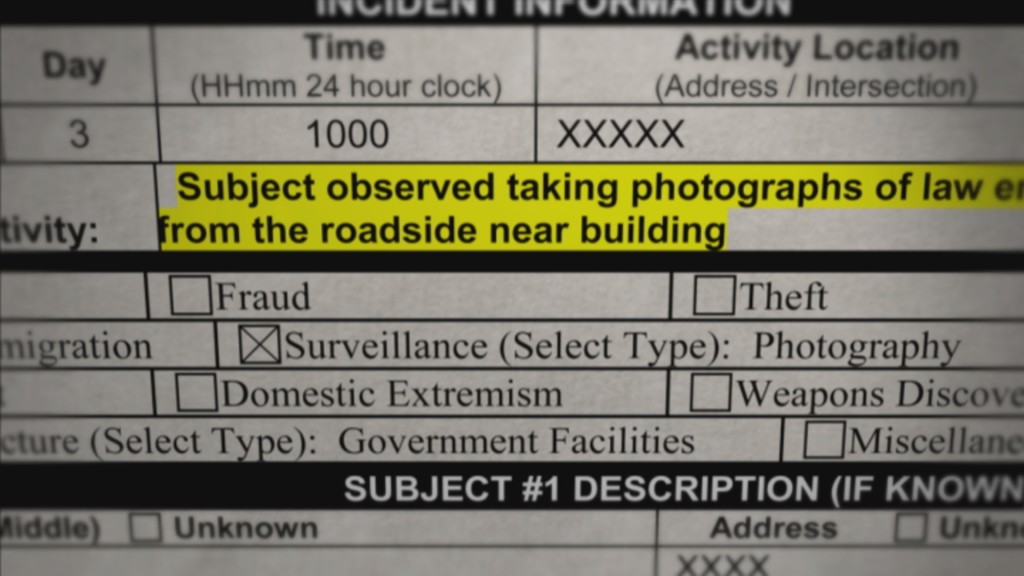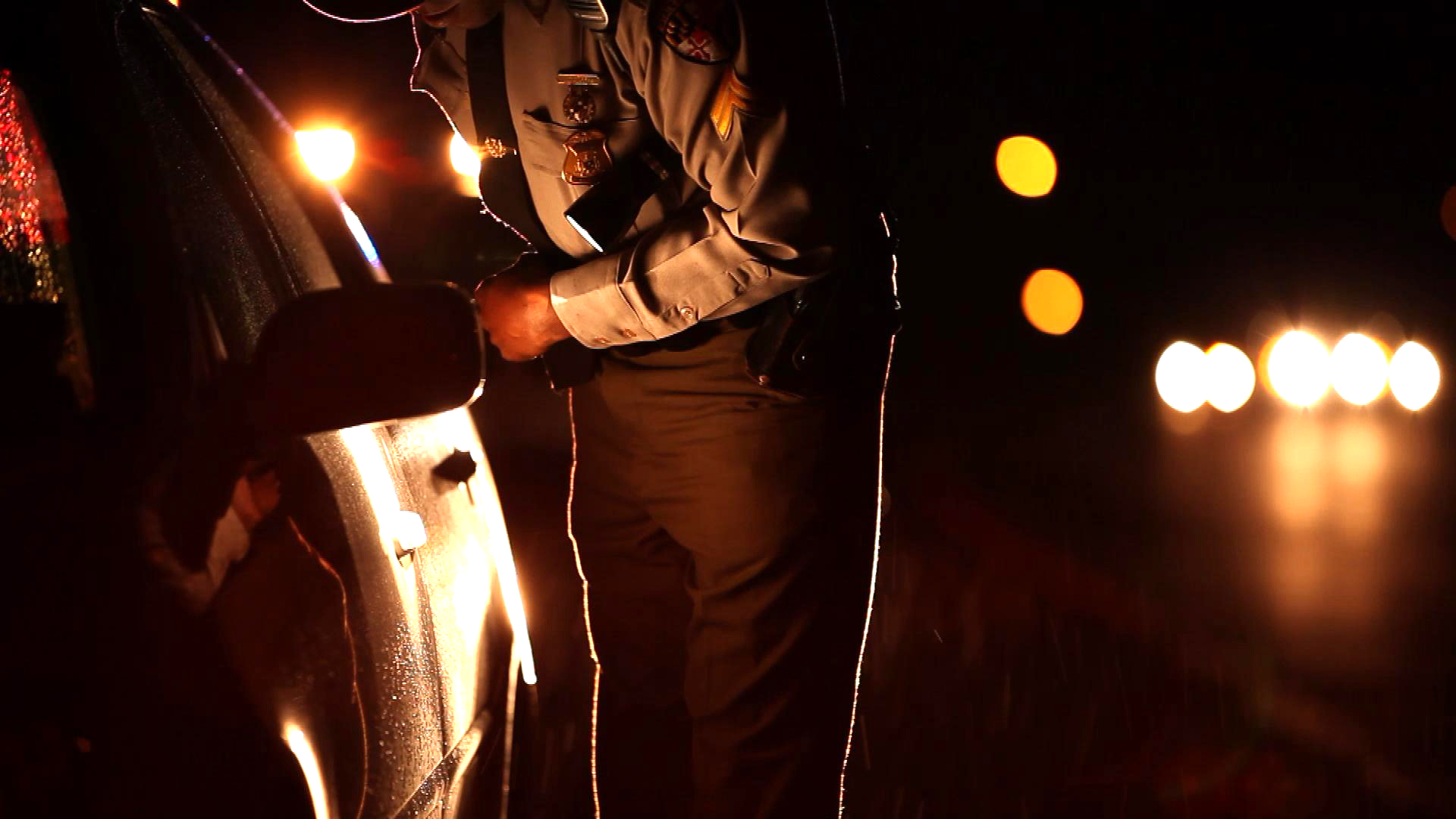Mall of America Shoppers Find Themselves Ensnared in the War on Terror

September 8, 2011
Share
Don’t let your elderly father forget his phone at a food court at the Mall of America.
This was a lesson Najam Qureshi, a Pakistani-American computer systems manager in Minneapolis, learned the hard way. After his father Saleem returned to the megamall’s food court to retrieve his phone, he was interrogated by the mall’s counterterrorism unit, which reported him to the Bloomington police. The police then reported the incident to the FBI, and a few weeks later, an FBI agent turned up at the young Qureshi’s door to ask him if he knew anybody in Afghanistan.
This bizzarre series of events was sparked by an 11-page suspicious activity report the Mall filed in early January 2007 that eventually made its way into a federal database.
The story of Saleem and Najam Qureshi is one of many that NPR and the Center for Investigative reporting have uncovered after obtaining 125 “suspicious activity reports” through state Freedom of Information Act requests.
Suspicious activity reports, or SARs, are part of a nationwide post-9/11 initiative for local authorities, the state government and the federal government to collect and share information in order to help detect and prevent terrorism-related activity.
From the reports they received, NPR and CIR found that almost two-thirds of the people the mall deemed to be exhibiting suspicious behavior were minorities — raising questions about profiling — and almost half of the mall’s reports were shared with other law enforcement agencies. Distinguishing meaningful tips from suspicious or paranoid reports, the investigation shows, “can be more of an art than a science.”
Maureen Bausch, a vice president at Mall of America told NPR and CIR, “I think the program is one of the most effective programs in the security world. I really do.” She said, “We are definitely the No. 1 attraction in Minnesota, one of the biggest attractions in the United States. So the government officials have asked us always, since 9/11, to be on the watch.”
But critics of the SAR initiative, such as ACLU policy counsel Michael German — a former undercover FBI agent — told FRONTLINE the imperative to gather as much information as possible, with relatively vague guidance, can lead to abuses.
He cites a Maryland case, where 53 activists primarily affiliated with anti-death penalty, environmental, racial justice and anti-war groups — including several Catholic nuns — were the subjects of an elaborate 14-month covert surveillance program by the Maryland State Police, as shown in the below clip from our report Are We Safer? .
This Tuesday FRONTLINE will air an encore presentation of Are We Safer?, which looks at the post-9/11 terrorism-industrial complex and its growing reach into the lives of ordinary Americans.
Bonus:
Am I in a Federal Datatbase? How to Find out.
Further Reading on Suspicious Activity Reporting
“Suspect America”: CIR’s Animated Explainer on Post-9/11 Efforts to Report Suspicious Activity
Latest Documentaries
Related Stories
Related Stories
Explore
Policies
Teacher Center
Funding for FRONTLINE is provided through the support of PBS viewers and by the Corporation for Public Broadcasting, with major support from Ford Foundation. Additional funding is provided the Abrams Foundation, Park Foundation, John D. and Catherine T. MacArthur Foundation, Heising-Simons Foundation, and the FRONTLINE Trust, with major support from Jon and Jo Ann Hagler on behalf of the Jon L. Hagler Foundation, and additional support from Koo and Patricia Yuen. FRONTLINE is a registered trademark of WGBH Educational Foundation. Web Site Copyright ©1995-2025 WGBH Educational Foundation. PBS is a 501(c)(3) not-for-profit organization.





















